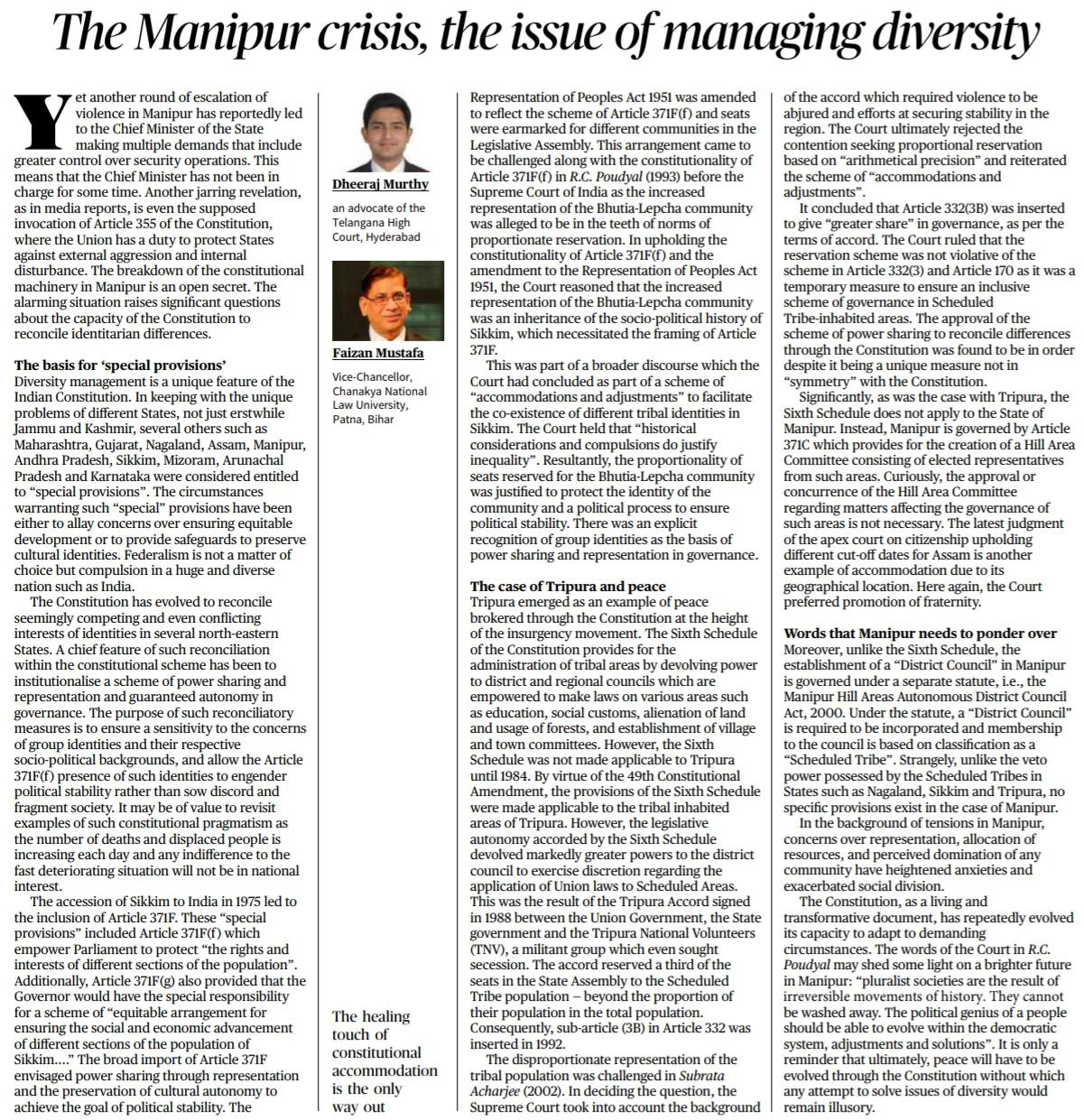1. The Evolving Priorities of Global Supply Chains: From Efficiency to Security
Introduction:
Global supply chains are undergoing a profound transformation. Traditionally built for efficiency during the heydays of globalization, these networks have since shifted focus first towards resilience in the wake of the COVID-19 pandemic, and now increasingly toward security.
Recent developments such as the U.S. Department of Commerce’s proposed ban on Chinese connected car technology and the Israeli pager attacks have brought the issue of supply chain security to the forefront.
- From Efficiency to Resilience:
- Historical Focus on Efficiency:
- From the 1980s to the 2010s, global supply chains prioritized efficiency, optimizing costs and logistics through a globalized network of suppliers and manufacturers.
- China emerged as a key player in these “just-in-time” supply chains, providing low-cost labor and infrastructure.
- Shift Towards Resilience:
- The COVID-19 pandemic and S.-China trade tensions exposed the vulnerabilities of globally dispersed supply chains.
- Companies began to shift focus from “just in time” (minimizing inventory) to “just in case” (building resilience), ensuring that disruptions would not cripple operations.
- Countries like the U.S., Japan, and India began decoupling critical sectors such as semiconductors and telecom from Chinese suppliers due to concerns over national security and dependency.
- Growing Focus on Security:
- S. Proposals on Chinese Connected Car Technology:
- In September 2024, the U.S. proposed rules targeting Chinese and Russian connected vehicle systems, citing national security concerns.
- The fear revolves around connected cars acting as potential tools for espionage, surveillance, or sabotage by foreign states, especially those with advanced automated driving systems.
- Israel’s Pager Attack and Global Implications:
- In a September 2024 attack, Israel targeted pagers and walkie-talkies used by Hezbollah in Lebanon, leading to significant casualties. This incident raised alarms about the security risks of even basic technologies.
- This attack underscored how vulnerable global supply chains are to security breaches, even with older technologies.
- Security Concerns Spreading Across Industries:
- Telecom and Semiconductor Industries:
- The global supply chain security debate began with the banning of Huawei and other Chinese telecom giants from participating in the 5G network rollouts due to concerns over potential backdoors.
- Similar security concerns have emerged in the semiconductor industry, where China plays a significant role in manufacturing.
- Shift from Resilience to Security:
- As geopolitical rivalries intensify, particularly between the S. and China, the focus is moving from simply ensuring resilient supply chains to securing them against national security threats.
- Supply chain security is now becoming a strategic imperative, with countries actively seeking to diversify or restrict their dependence on hostile or potentially adversarial nations.
Conclusion:
Global supply chains are no longer just about efficiency or resilience. The recent U.S. proposals on Chinese connected vehicle technology and the Israeli pager attacks highlight how security concerns are reshaping the global trade and technology landscape. As geopolitical tensions rise, countries will continue to prioritize the safety and sovereignty of their supply chains, potentially leading to further decoupling in critical sectors.
Mains Practice Question: |
Q: “The focus of global supply chains is shifting from efficiency to resilience and now to security.” Discuss this shift in the context of recent geopolitical developments and how it is impacting global trade and technology industries. |
2. Managing Diversity through Constitutional Accommodation: The Manipur Crisis
Introduction:
The ongoing violence in Manipur has reignited debates about the Indian Constitution’s ability to manage diversity and reconcile conflicting identities.
With demands for greater control over security operations and the potential invocation of Article 355, the state’s fragile governance highlights the constitutional challenge of ensuring peace while addressing ethnic tensions.
This crisis underscores the importance of constitutional accommodations in fostering unity in India’s pluralist society.
- Special Provisions in the Constitution for Diversity Management:
- Unique Approach to Federalism:
- The Indian Constitution is designed to accommodate the diverse socio-cultural landscape of the country through special provisions for states like Jammu & Kashmir, Maharashtra, Gujarat, and the north-eastern states.
- These provisions aim to protect cultural identities and ensure equitable development to address the concerns of different groups.
- Autonomy through Representation:
- The Constitution institutionalizes power-sharing mechanisms through special provisions like those in Article 371F for Sikkim and Article 371C for Manipur.
- Such measures, including reserved seats in legislative assemblies and district councils, are designed to ensure political stability while safeguarding group identities.
- Case Studies of Constitutional Accommodation:
- Sikkim’s Accession and Article 371F:
- After Sikkim’s accession to India in 1975, Article 371F was introduced to protect the interests of various sections, such as the Bhutia-Lepcha
- The Supreme Court upheld the constitutionality of Article 371F, emphasizing that historical considerations justified special representation for the community, ensuring their identity and stability.
- Tripura’s Peace Accord and the Sixth Schedule:
- Tripura’s transition from insurgency to peace was facilitated by the 49th Constitutional Amendment, extending the Sixth Schedule to the state’s tribal areas.
- The Tripura Accord of 1988 reserved one-third of assembly seats for Scheduled Tribes, even though this exceeded their population share. The Supreme Court upheld this in Subrata Acharjee (2002), recognizing the need for accommodations to ensure inclusive governance.
- Constitutional Challenges in Manipur:
- Article 371C and the Hill Areas:
- Unlike states governed under the Sixth Schedule, Manipur is administered under Article 371C, which provides for a Hill Area Committee without veto powers over crucial matters.
- The absence of strong autonomous provisions, like those in Tripura or Nagaland, has deepened ethnic tensions, as different communities feel inadequately represented or under-resourced.
- Lack of District Council Autonomy:
- The Manipur Hill Areas Autonomous District Council Act, 2000 does not offer the same level of autonomy as the Sixth Schedule states, limiting tribal communities’ ability to influence governance.
- This lack of autonomy, coupled with rising concerns over resource allocation and domination by certain groups, has contributed to the ongoing unrest.
- The Way Forward: Learning from Constitutional Precedents:
- Revisiting Constitutional Accommodation:
- As the violence escalates, constitutional accommodations similar to Tripura’s peace process or Sikkim’s power-sharing arrangement could provide solutions.
- The recognition of group identities and representation in governance has historically ensured political stability in states with complex ethnic compositions.
- A Transformative Constitution:
- The Supreme Court’s observation in C. Poudyal reminds us that the Constitution must continuously adapt to address the evolving challenges of a pluralist society.
- Constitutional adjustments are essential for peace in Manipur, which, like other diverse regions, requires sensitivity to its ethnic realities within a democratic framework.
Conclusion:
The crisis in Manipur reflects the broader challenge of managing diversity in India. While the Constitution has evolved to accommodate the needs of various regions, the situation in Manipur calls for a renewed commitment to constitutional pragmatism.
By drawing on lessons from states like Sikkim and Tripura, where identity-based accommodations have successfully fostered stability, India can move toward resolving the ethnic tensions in Manipur. Ultimately, it is through constitutional dialogue and adjustments that peace can be achieved.
Mains Practice Question |
Q: “The Indian Constitution has repeatedly evolved to manage the challenges of diversity. In light of the ongoing Manipur crisis, critically discuss the role of constitutional accommodations in ensuring peace and stability.” |



